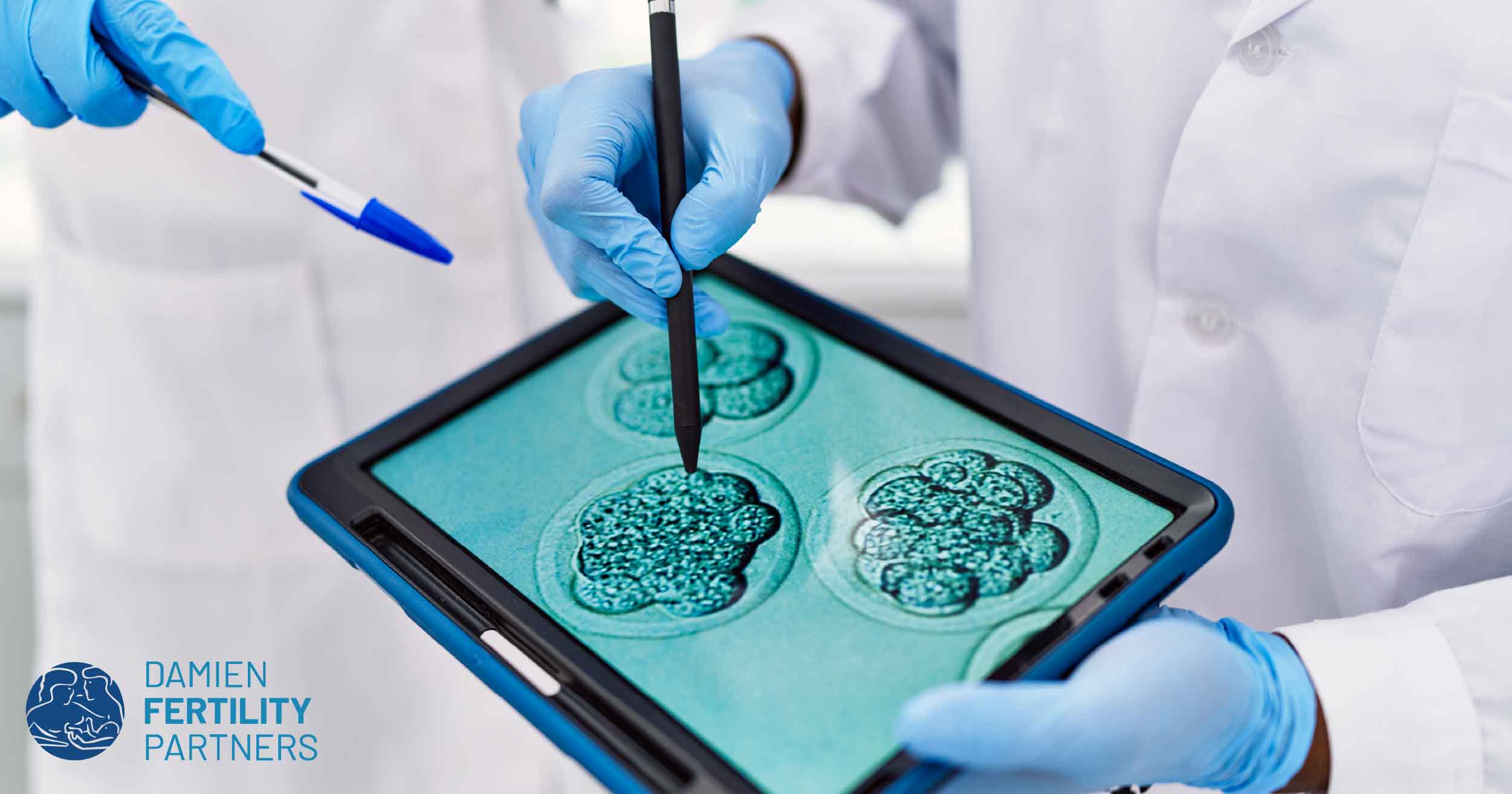AI and IVF: Personalizing the Path to Parenthood

The Role of Artificial Intelligence in Personalizing Assisted Reproductive Technology
In 1978, the world witnessed the birth of the first successful in vitro fertilization (IVF) baby—a milestone that revolutionized reproductive medicine. Since then, assisted reproductive technology (ART) has become a lifeline for countless individuals and couples facing infertility.
While ART has evolved significantly, many of its procedures still rely heavily on clinical expertise and subjective judgment. With the advent of artificial intelligence (AI), a transformative shift is underway—one that promises to personalize and optimize fertility treatments for better outcomes.
The Current State of Assisted Reproductive Technology
ART includes a range of medical interventions designed to assist with conception, such as IVF, intracytoplasmic sperm injection (ICSI), and egg or sperm donation. Despite considerable advancements, ART success rates remain variable. Critical decisions—like selecting the most viable embryos, determining medication dosages, or timing fertility cycles—are still largely influenced by human interpretation, which can lead to inconsistencies and reduced efficacy.
How Artificial Intelligence is Changing the Game
AI thrives on processing and analyzing large datasets, uncovering patterns and insights that are often beyond human perception. In the context of ART, AI’s analytical power can augment clinical decision-making, leading to more precise and individualized treatments.
Key Benefits of AI in ART
1. Personalized Treatment Plans
AI can tailor ART protocols to suit the unique medical history, genetic profile, and reproductive characteristics of each patient. By integrating data from various sources, AI can recommend optimal medication dosages, suggest the best timing for procedures like egg retrieval and embryo transfer, and even identify protocols most likely to succeed for a specific individual.
2. Improved Embryo Selection
Choosing the right embryo is one of the most crucial—and historically subjective—steps in ART. AI can assess embryo quality more accurately by analyzing time-lapse imaging, morphology, and developmental indicators. This data-driven approach increases the likelihood of selecting embryos with the highest potential for successful implantation and pregnancy.
3. Predicting Success Rates
AI algorithms can estimate the probability of success for a given IVF cycle by considering patient-specific data and historical outcomes. This empowers patients and clinicians to make informed decisions, set realistic expectations, and potentially avoid unnecessary procedures.
Challenges and Ethical Considerations
Despite its potential, integrating AI into reproductive medicine brings challenges. Concerns about data privacy, algorithmic bias, and transparency must be addressed to ensure ethical and equitable use. Additionally, AI should support—not replace—clinical judgment. Striking the right balance between technology and human oversight will be essential to building trust and ensuring patient safety.
Conclusion
Artificial intelligence holds immense promise for improving the outcomes and personalization of assisted reproductive technology. As AI continues to evolve, it may become an indispensable tool in fertility clinics worldwide, helping more people realize their dream of parenthood. With thoughtful implementation and ethical safeguards, AI could usher in a new era of precision and hope in reproductive healthcare.
Do you have questions and want to learn more? For guidance and support, contact Damien Fertility Partners at 732-758-6511 or hello@damienfertilitypartners.com.
